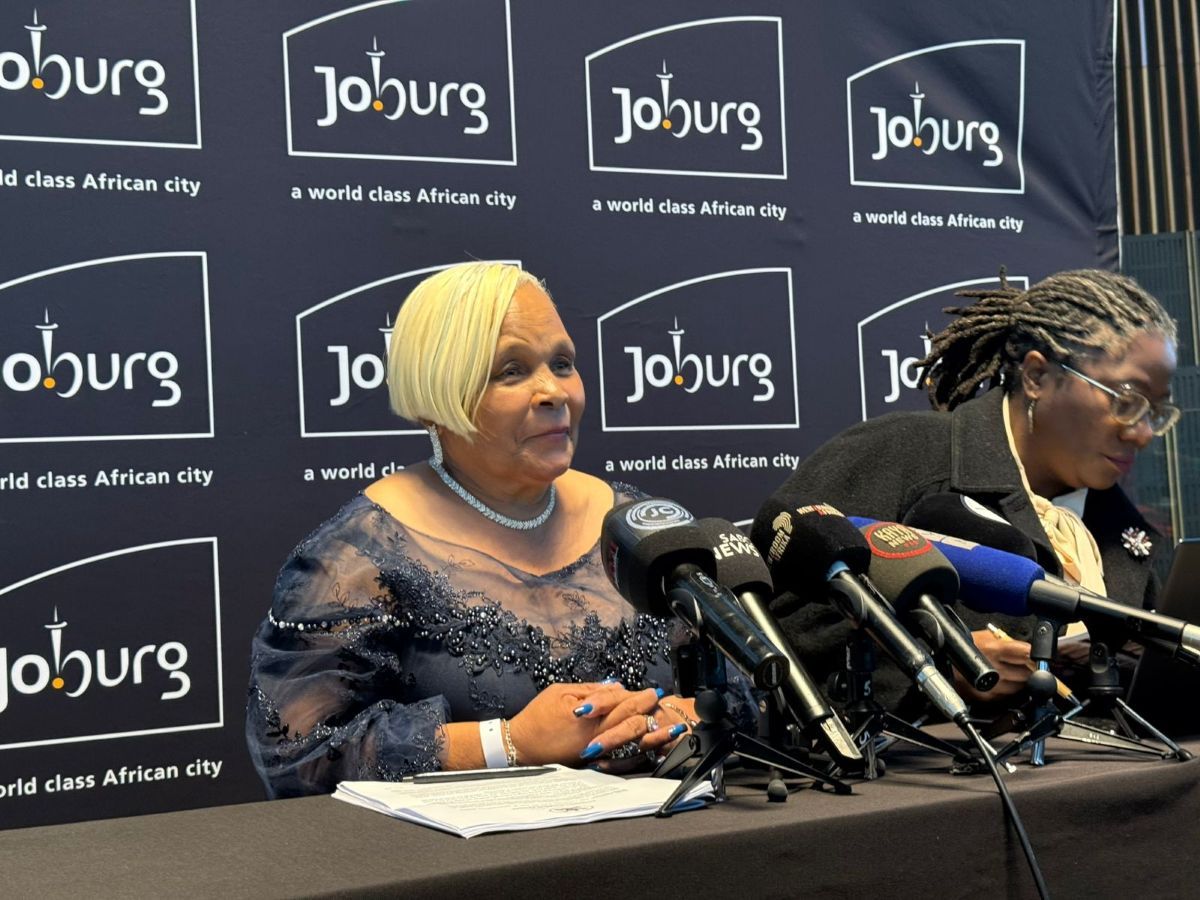The City of Johannesburg has committed over R13 billion in multi-year funding to stabilise struggling municipal entities, improve service delivery, and support long-term economic growth. Finance MMC Margaret Arnolds revealed the allocations during the city’s 2025/26 budget speech on Wednesday, pledging to move Johannesburg “from planning to progress.”
Johannesburg’s municipal entities are under significant strain. Years of underinvestment, ageing infrastructure, and revenue shortfalls have created essential services backlogs. Furthermore, Arnolds said the new budget responds to that challenge, reflecting a “statement of intent” from the city and its residents.
“This budget was built through public dialogue, regional forums, and sectoral engagements,” she said.
“And in every hall, every meeting, every township, the message was clear: We want a city that works.”
City Power and Johannesburg Water Take Priority
City Power, which owes Eskom over R1 billion, will receive R4.6 billion over the next three years. The allocation aims to help stabilise the city’s power grid.
“This infrastructure will not only support economic continuity, but also enhance household financial stability,” said Arnolds.
In addition, Johannesburg Water will receive the largest allocation, R5.6 billion, to address a R27 billion infrastructure backlog and reduce water losses.
“Through intentionally increasing infrastructure investment, the city will begin to claw back on water losses that eat away at resources that could potentially be available to re-invest in infrastructure for the future,” Arnolds noted.
The water utility loses over R2 billion annually due to leaks and illegal connections and is owed nearly R500 million by government departments and state-owned entities.
Roads Agency Funding Targets Township Connectivity
Furthermore, the Johannesburg Roads Agency (JRA) has been allocated R2.8 billion, with R400 million earmarked for expanding stormwater infrastructure in flood-prone areas like Orange Farm and Ivory Park. The goal is to boost urban resilience and improve access between townships and economic hubs.
“These investments are part of the broader spatial transformation agenda, creating inclusive, walkable neighbourhoods and connecting marginalised communities to the city economy,” said Arnolds.
Will these investments be enough to reverse years of infrastructure decline in Johannesburg, or is deeper structural reform still needed?
Let us know by leaving a comment below, or send a WhatsApp to 060 011 021 1.
Subscribe to The South African website’s newsletters and follow us on WhatsApp, Facebook, X and Bluesky for the latest news.
